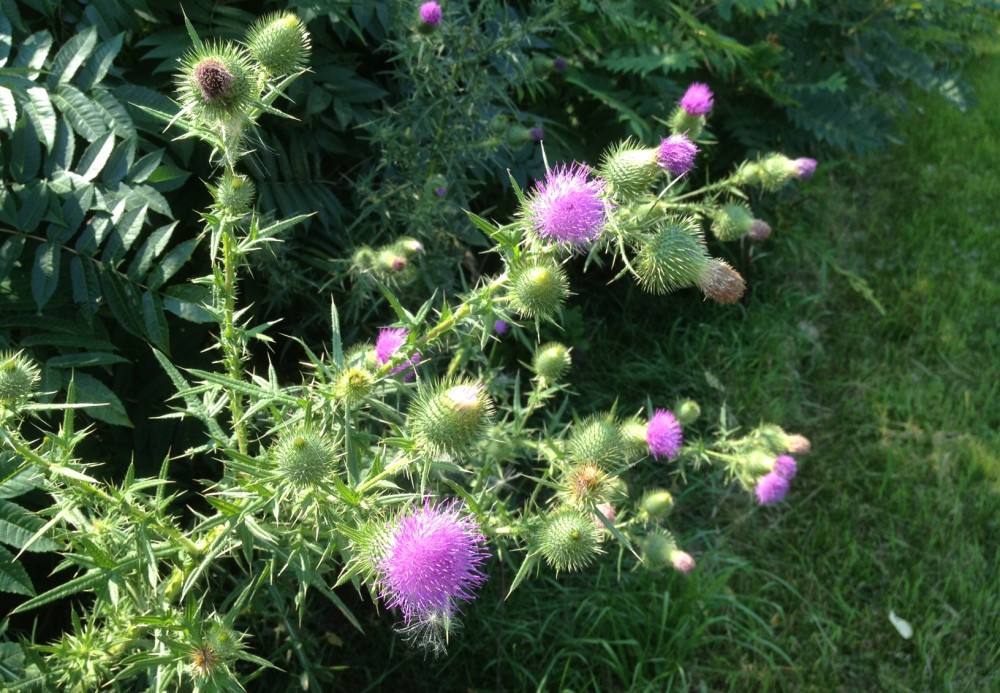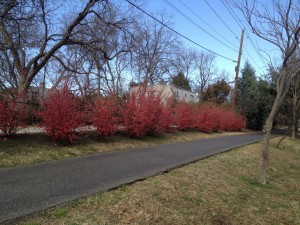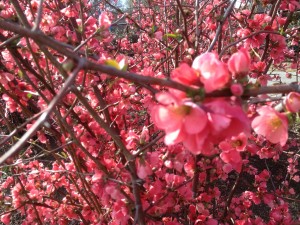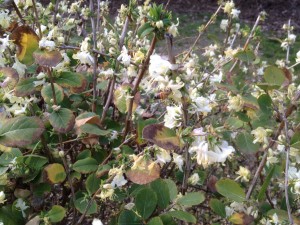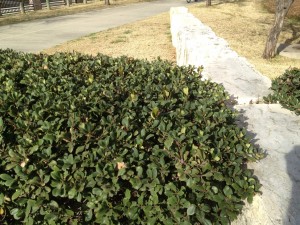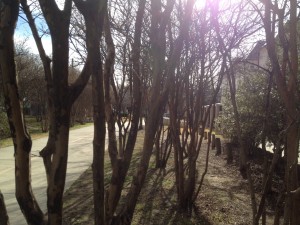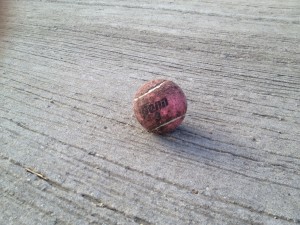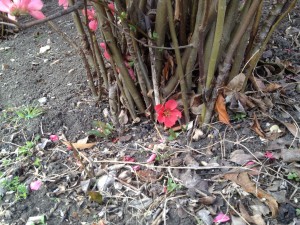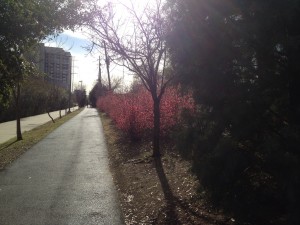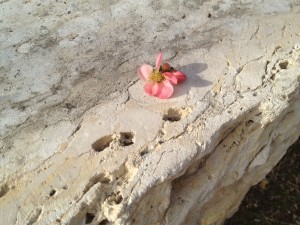In Chaucer’s day in England was spring later than in today’s day in Texas?
From Dallas to the North Pole is 3,961 miles (6,375 kilometers). The distance from London to the North Pole is 2,668 miles (4,294 kilometers). In its day, London is closer, by some 1,293 miles (2,081 kilometers), to the North Pole. For this reason, England would be expected to linger somewhat in its cooler days.
Geoffrey Chaucer is widely regarded as the Father of English literature. Geoffrey was born in 1343 in London, England. He died in that city on October 25th, 1400. We suspect London was both farther north and colder than Dallas in Chaucer’s London when the bard penned, around the year 1382 AD, the opening lines of “The Canterbury Tales.”
“Whan that April, with his shoures soote
“The droghte of March hath perced to the roote
“And bathed every veyne in swich licour
“Of which vertu engendred is the flour.”
Do you see the scene in the poet’s paint? It’s April in England with the showers falling to pierce the drought of March and generate in sweet rain the flowers of spring. The flowers are blooming in April in London.
Now, take a look at these pink petals primly pointing the path in Dallas this February, 2014.
Can this be the sole effect of geographic distance from the pole or are we witness to a globe warmed from the distant days of Middle Age in Europe to modern age in Texas?
At home here, the red-honeyed colors harbor a harbinger of hot days and warm nights belying the later words of our scrivener of yore.
A stand of bushy white honey suckle silently secure the gauge of the rail’s past right-of-way turned to trail the words of the young laureate Frost’s 1915 “A Prayer in Spring.”
“Oh, give us pleasure in the flowers to-day;
“And give us not to think so far away
“As the uncertain harvest; keep us here
“All simply in the springing of the year.”
And, there, if we spy near, we, like the rhyming Robert, can ply among the white of flowers the buzz and fly of a brown bee busy in its work.
“Oh, give us pleasure in the orchard white,
“Like nothing else by day, like ghosts by night;
“And make us happy in the happy bees,
“The swarm dilating round the perfect trees.”
Still, even today in the earlier Texas spring, there is a way to travel before the Indian Hawthorne’s leaves of winter green are hidden behind the velvet shades of western sunset.
And, our summer-waiting crepes tower, shadowed sentinels, no horns of petalled plenty there, not yet, not until the hot heat of bright sun’s earlier season crowds our spring to soften their silent stance.
While the first soiled pink tennis ball of summer soon bounces past, freed from its den to roll and stop in the early light of an even earlier game.
Beneath all this talk of poets and climate change, the prettiest petal is sometimes the least seen and most hidden.
In late sun hour, the vernal lane lengthens to a hot soft, “Good evening.”
A fleeting damsel of day in her hurried steps dropping a solitary bloom, the last lace to grace a block of ancient limestone, its solid veins unconcerned with a passing change in climate — whether Dallas or London, England or Texas, 2014 or 1382.
To some there is beauty in the same no matter its change.
Grandpa Jim
